Find Help
More Items From Ergsy search
-
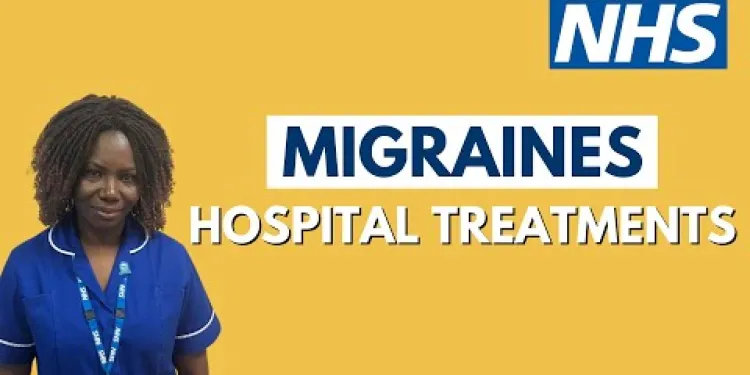
Migraine
Relevance: 100%
-

Migraine
Relevance: 99%
-
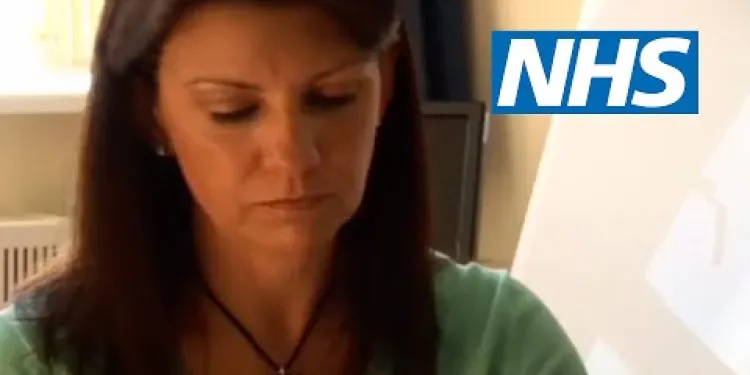
Migraine | NHS
Relevance: 95%
-
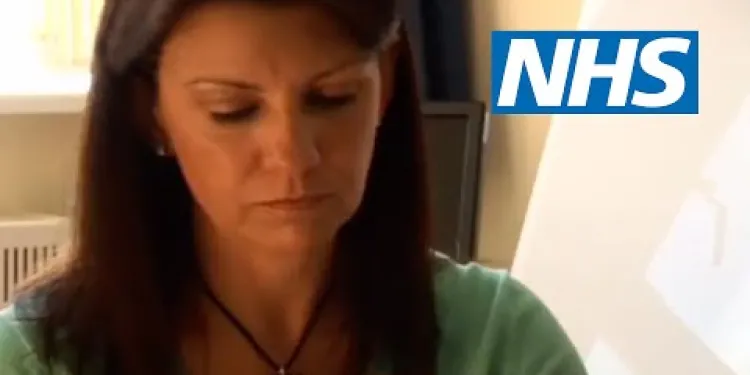
Migraine | NHS
Relevance: 94%
-
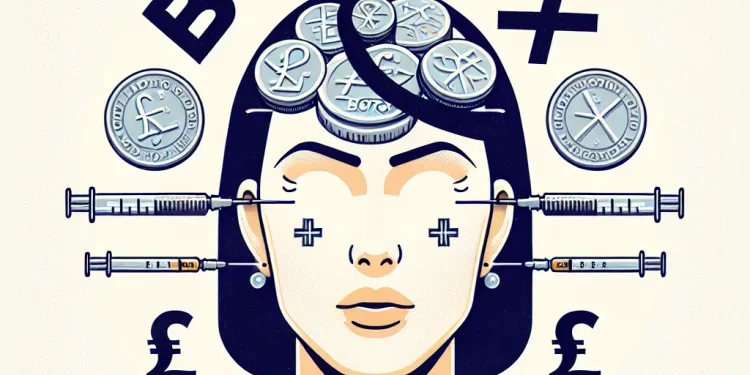
Can Botox be used for migraines?
Relevance: 86%
-

What are migraines and cluster headaches?
Relevance: 85%
-
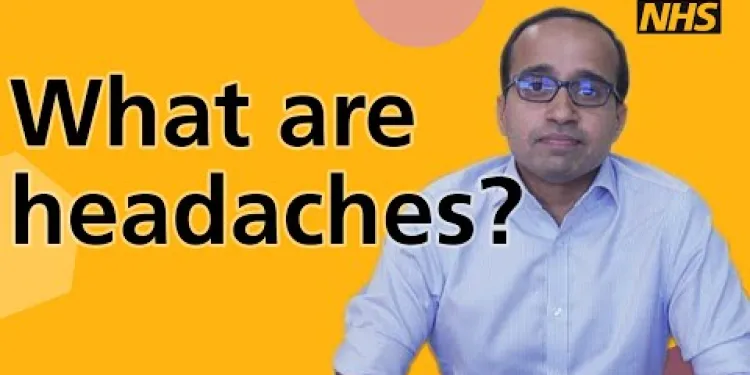
What are headaches?
Relevance: 34%
-

What is Botox used for?
Relevance: 30%
-

Can Botox be used for treating conditions other than wrinkles?
Relevance: 28%
-

What is a common use of paracetamol?
Relevance: 28%
-
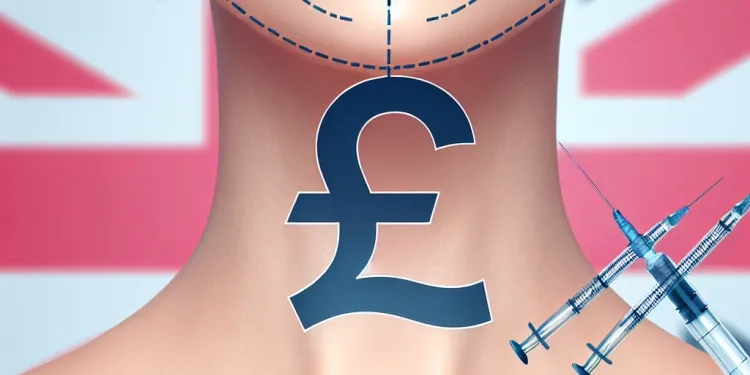
What areas can be treated with Botox?
Relevance: 26%
-

What is Botox?
Relevance: 24%
-
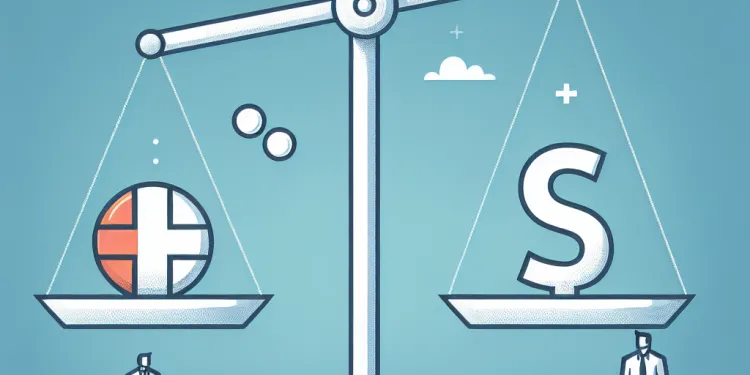
Which one is better for headaches: Aspirin or Paracetamol?
Relevance: 23%
-
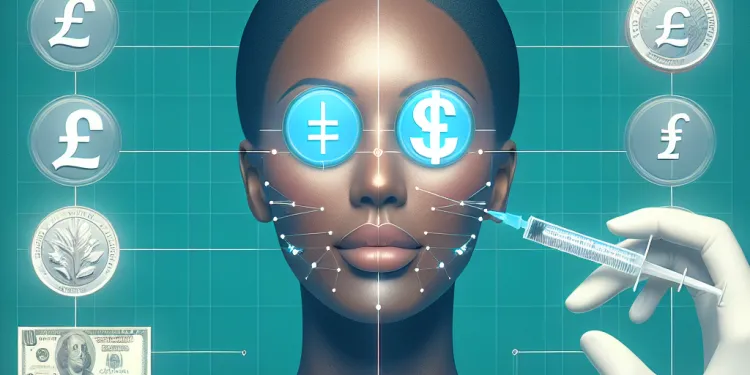
What are the common uses of Botox?
Relevance: 20%
-

How long has Botox been used in medicine?
Relevance: 19%
-
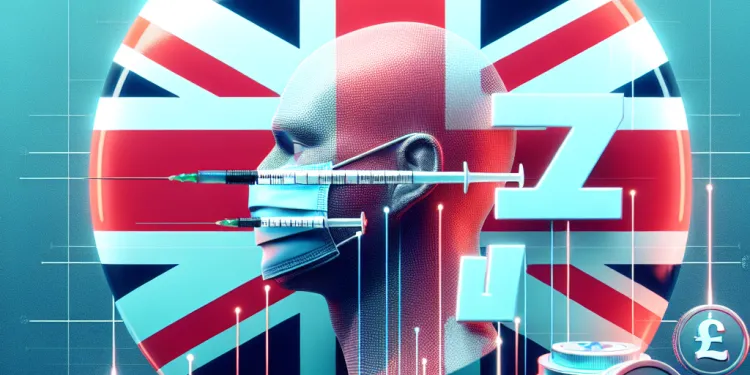
Can I get Botulism from Botox Treatments?
Relevance: 18%
-
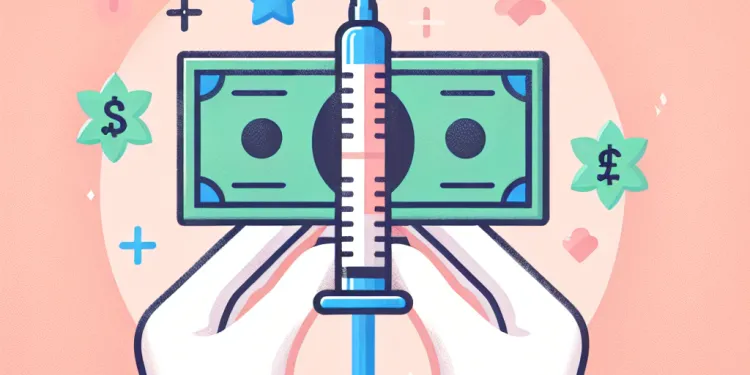
Can anyone get Botox treatments?
Relevance: 18%
-

What is Botox made from?
Relevance: 17%
-

How does Botox work?
Relevance: 17%
-

Is Botox safe?
Relevance: 16%
-

How does Botox work if it's related to botulism toxin?
Relevance: 16%
-

Can Botox cause serious health issues?
Relevance: 16%
-
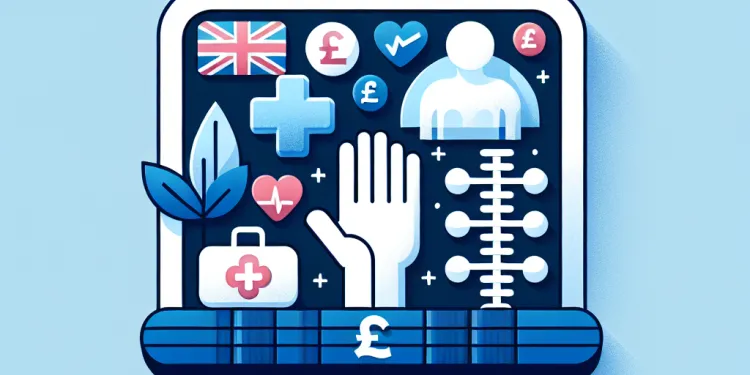
Can chiropractors help with headaches?
Relevance: 15%
-
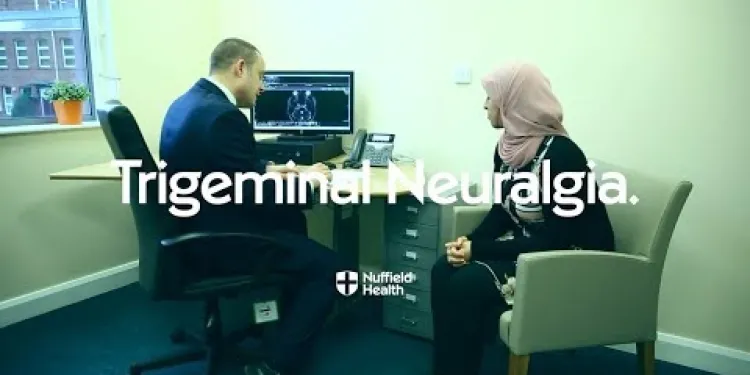
Trigeminal Neuralgia
Relevance: 14%
-
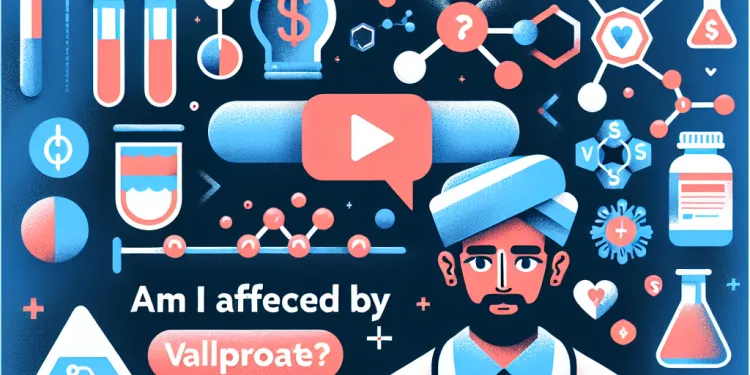
Am I affected by Sodium Valproate?
Relevance: 13%
-

Are there specific medications that can cause tinnitus?
Relevance: 13%
-
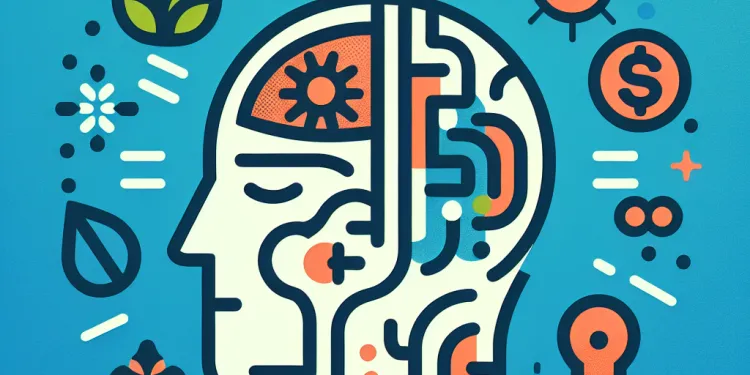
Is headache a symptom of a concussion?
Relevance: 12%
-

What are the uses of cannabis extract?
Relevance: 12%
-
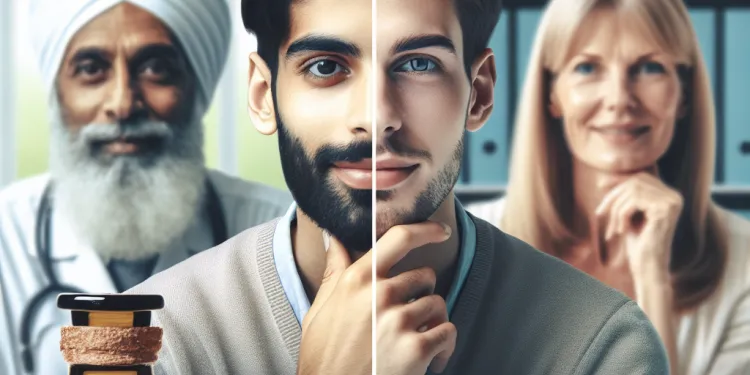
What are some common conditions treated with homeopathy?
Relevance: 12%
-
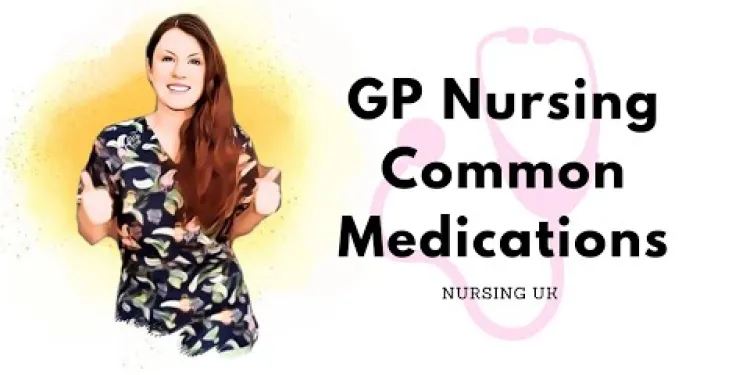
GP Nursing Most Common Medications UK.
Relevance: 12%
-
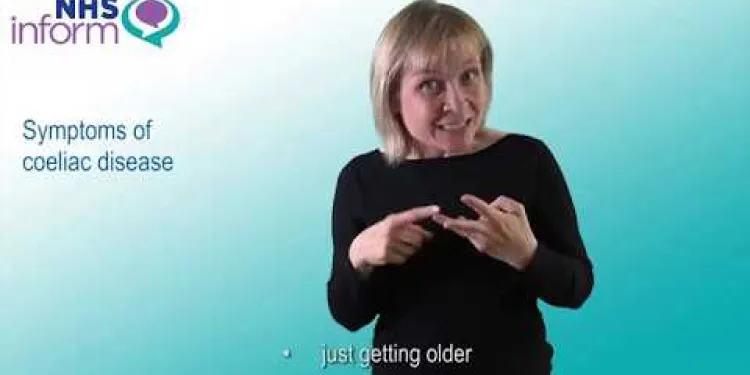
Symptoms of coeliac disease
Relevance: 11%
-

What are the potential benefits of CBD?
Relevance: 11%
-

Are there any long-term effects of using Botox?
Relevance: 10%
-

Who should avoid using caffeine pouches?
Relevance: 10%
-

Can hay fever symptoms mimic other conditions?
Relevance: 10%
-
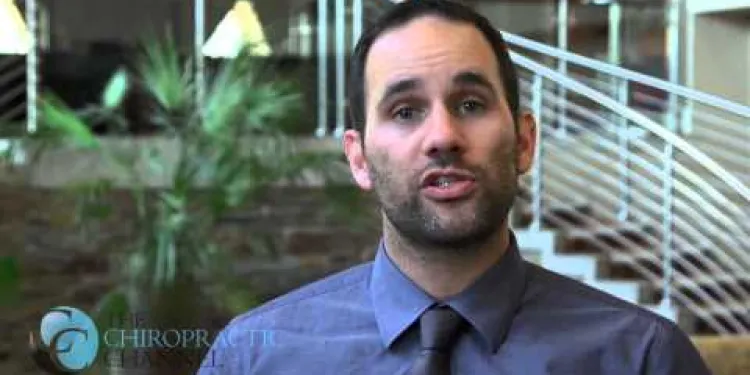
Chiropractic Care on the NHS
Relevance: 7%
-

Who founded homeopathy?
Relevance: 6%
-

Is homeopathy widely used in the UK?
Relevance: 5%
-

Do chiropractors only treat the spine?
Relevance: 5%
-
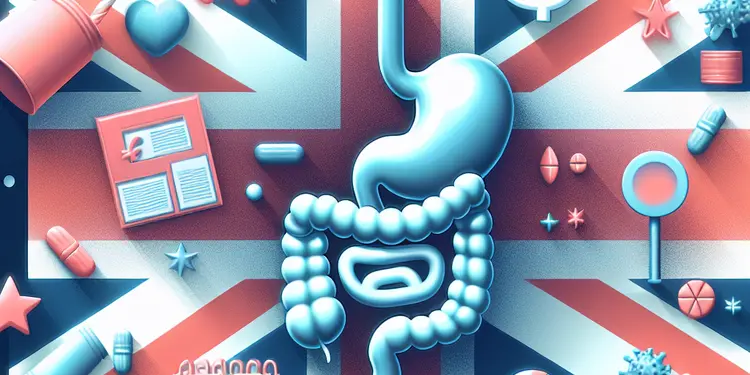
What are some signs of poor gut health?
Relevance: 5%
Migraine: Understanding the Condition
What is a Migraine?
A migraine is a severe headache that is often accompanied by other symptoms such as nausea, vomiting, and sensitivity to light and sound. Migraines typically manifest as a throbbing pain on one side of the head, though the pain can occur on both sides. The condition can be debilitating and may last for hours or even days.
Types of Migraines
There are several types of migraines, including:
- Migraine with aura: This type is preceded by sensory disturbances such as visual flashes of light, blind spots, or tingling in your hands or face.
- Migraine without aura: The more common form, which occurs without the sensory disturbances that characterize a migraine with aura.
- Chronic migraine: Occurs 15 or more days per month, with at least 8 days involving migraine features, for more than 3 months.
Causes and Triggers
The exact cause of migraines is not fully understood, but it is believed to be related to abnormal brain activity that affects nerve signals, chemicals, and blood vessels in the brain. Common triggers include:
- Hormonal changes in women, especially related to menstruation
- Certain foods and drinks, such as aged cheese, alcohol, and caffeine
- Stress and anxiety
- Changes in sleep patterns or lack of sleep
- Environmental factors like bright lights or loud noises
Symptoms
Migraine symptoms can vary but often include:
- Intense, throbbing headache, usually on one side of the head
- Nausea and vomiting
- Increased sensitivity to light, sound, and sometimes smell and touch
- Visual disturbances such as seeing flashing lights or blind spots
- Dizziness or lightheadedness
Treatment Options
While there is no cure for migraines, several treatment options can help manage the condition:
- Medications: Over-the-counter pain relievers like ibuprofen or prescription medications such as triptans can help alleviate symptoms. Preventative medications may also be prescribed.
- Lifestyle changes: Maintaining a healthy lifestyle by managing stress, getting regular exercise, and maintaining a consistent sleep schedule can reduce the frequency and severity of migraines.
- Alternative therapies: Techniques such as acupuncture, biofeedback, and cognitive behavioral therapy (CBT) may provide relief for some individuals.
When to Seek Medical Advice
If you experience frequent or severe headaches, it is important to consult with a healthcare professional. Seeing a GP can help you obtain a proper diagnosis and appropriate treatment plan. If your migraine symptoms change or if you experience new symptoms, seek medical advice to rule out any other potential issues.
For more information, visit the NHS website on migraines.
Migraine: Understanding the Condition
What is a Migraine?
A migraine is a strong headache. It can come with other signs like feeling sick, throwing up, or not liking bright lights or loud sounds. The pain usually feels like it's pounding on one side of your head, but it can be on both sides. Migraines can be very hard to deal with and can last for a few hours or even days.
Types of Migraines
There are different kinds of migraines:
- Migraine with aura: You might see flashing lights, have blind spots, or feel tingling in your hands or face before the headache starts.
- Migraine without aura: This is the most common type. It happens without the special signs that a migraine with aura has.
- Chronic migraine: This happens a lot, 15 or more days a month, for over 3 months, with at least 8 of those days having migraine symptoms.
Causes and Triggers
The exact reason for migraines is not fully known, but they might be caused by unusual brain activity affecting the nerves and blood vessels. Things that can start a migraine include:
- Hormonal changes in women, like during periods
- Foods and drinks like aged cheese, alcohol, and caffeine
- Feeling stressed or worried
- Not sleeping well or changing sleep habits
- Bright lights or loud sounds
Symptoms
Migraine symptoms can be different but often include:
- Strong, pounding headache, usually on one side of the head
- Feeling sick and throwing up
- Not liking bright lights or loud sounds, and sometimes smells or touch
- Seeing flashing lights or having blind spots
- Feeling dizzy
Treatment Options
There is no cure for migraines, but you can try these to feel better:
- Medications: Pills like ibuprofen or special medicine from a doctor can help with pain. Some medicines can help prevent migraines.
- Lifestyle changes: Staying healthy, handling stress, exercising regularly, and sleeping well can make migraines happen less often.
- Alternative therapies: Trying things like acupuncture, biofeedback, and talking therapies might help some people feel better.
When to Seek Medical Advice
If you often have bad headaches, it’s important to see a doctor. They can give you a diagnosis and a treatment plan. If your migraine symptoms change or you notice new symptoms, see a doctor to check if everything is okay.
For more info, visit the NHS website on migraines.
Frequently Asked Questions
What is a migraine?
A migraine is a moderate or severe headache felt as a throbbing pain on one side of the head. Many people also have symptoms such as feeling sick, being sick, and increased sensitivity to light or sound.
What are the symptoms of a migraine?
The main symptom of a migraine is usually an intense headache on one side of the head. Other symptoms include nausea, vomiting, and increased sensitivity to light and sound.
What triggers a migraine?
Common triggers include stress, certain foods and drinks, hormonal changes in women, lack of sleep, and certain medications.
How is a migraine diagnosed?
A GP can diagnose migraines based on your symptoms and medical history. They may refer you to a specialist if your symptoms are severe or complex.
What treatments are available for migraines?
Treatment options include over-the-counter painkillers, prescription medications, triptans, anti-sickness medicines, and preventive treatments such as beta-blockers or anti-epileptics.
Can lifestyle changes help manage migraines?
Yes, maintaining a regular sleep schedule, eating regular meals, managing stress, and staying hydrated can help reduce the frequency and severity of migraines.
Are migraines hereditary?
Migraines can run in families, suggesting a genetic component, but the exact cause is still not fully understood.
How long does a migraine attack last?
A migraine attack can last anywhere from a few hours to up to 72 hours if untreated.
What is an aura in relation to migraines?
An aura is a warning sign that can occur before a migraine. It includes visual disturbances such as seeing flashing lights, zig-zag patterns, or blind spots.
Can children get migraines?
Yes, children can experience migraines, although their symptoms may differ slightly from adults. They might have abdominal pain and severe headaches.
Are migraines more common in women?
Yes, migraines are about three times more common in women than in men, often linked to hormonal changes such as menstruation.
Can weather changes trigger migraines?
Yes, changes in weather such as high humidity, temperature changes, and storms can trigger migraines in some individuals.
Should I keep a migraine diary?
Keeping a migraine diary can help you identify triggers and patterns, which can be useful for managing the condition and discussing with your GP.
Can exercise help reduce migraines?
Regular exercise can help reduce the frequency and severity of migraines for some people, but it's important to avoid strenuous exercise during an attack.
When should I see a GP about migraines?
You should see a GP if your headaches are severe, frequent, or if they interfere with daily activities. Also, seek medical attention if you experience new symptoms or if treatments are not effective.
What is a migraine?
A migraine is a very bad headache. It can make you feel sick and dizzy. You might also see bright lights. It can hurt a lot. If you think you have a migraine, it’s good to rest in a quiet, dark room.
Helpful tips:
- Rest your eyes. Close them for a while.
- Drink water. It helps you feel better.
- Try using a cold cloth on your head.
- Ask someone to help you if you need it.
A migraine is a strong headache. It feels like a pounding pain on one side of the head. Many people also feel sick, might throw up, and don't like bright lights or loud sounds.
What happens when you have a migraine?
The biggest sign of a migraine is a really bad headache on one side of your head. You might also feel sick, throw up, and find bright lights and loud noises bothersome.
What causes a migraine?
A migraine is a very bad headache that can make you feel sick or see flashing lights. Knowing what starts a migraine can help you avoid them. Here are some things that might cause a migraine:
- Bright or flashing lights: Being around bright or flashing lights can give you a headache.
- Loud sounds: Noisy places can sometimes start a migraine.
- Certain foods: Some foods, like chocolate or cheese, might give you a headache.
- Not enough sleep: If you don't get enough rest, you might get a migraine.
- Stress: Feeling worried or anxious can start a migraine.
To help manage migraines, you can:
- Keep a diary: Write down when migraines happen and what you did before they started. This can help find triggers.
- Wear sunglasses: Sunglasses can help if bright lights give you a headache.
- Eat regularly: Don’t skip meals and drink plenty of water.
- Relax: Take time to do things that help you calm down.
Things that can cause problems are feeling worried, some foods and drinks, changes in women’s bodies, not getting enough sleep, and some medicines.
How do doctors know if you have a migraine?
Your doctor can find out if you have migraines by asking about your symptoms and health history. If your migraines are really bad or difficult, they might send you to a specialist for help.
What can help with migraines?
There are different ways to help you feel better:
- You can buy medicine from the store to help with pain.
- Your doctor can give you special medicine.
- There are medicines called triptans that help with headaches.
- Medicine can also stop you from feeling sick.
- Some medicines can stop headaches before they start. These include beta-blockers or anti-epileptic pills.
Can changing how you live help with headaches?
Migraines are really bad headaches that can hurt a lot. Some things you do every day might help make them better or happen less. Here are some tips:
- Get good sleep: Try to go to bed and wake up at the same time every day. Sleep in a dark, quiet room.
- Eat healthy: Have regular meals with fruits and veggies. Don't skip meals.
- Drink water: Keep a water bottle with you and drink often.
- Exercise: Move your body. Try walking, swimming, or playing outside.
- Relax: Try deep breathing or listen to calm music when you feel stressed.
Status: Use an app or write a diary to track when you get headaches. This can help you learn what makes them worse.
You can ask a doctor for more advice too. They know a lot about migraines and can help you feel better.
Yes, going to bed and waking up at the same time every day, eating meals at the same time each day, staying calm, and drinking enough water can help make migraines happen less often and hurt less.
Do migraines run in families?
Migraines can run in families. This means it might be in your genes. But we still don't know for sure what causes them.
How long does a migraine last?
A migraine is a very bad headache.
A migraine can last a few hours or up to three days if you don’t get help.
It's good to ask a doctor for advice on how to feel better.
What is an aura with a migraine?
People sometimes see or feel something different before a migraine headache. This is called an "aura."
An aura can be:
- Seeing bright or flashing lights
- Feeling tingling or numbness in the body
- Having trouble speaking
If you want to understand better, try:
- Talking to a doctor
- Using pictures or video to learn
- Writing down what you feel
An aura is a sign that a migraine is coming. It can make you see things like flashing lights, zig-zag shapes, or areas where you can't see.
Can kids have bad headaches?
Yes, kids can have bad headaches called migraines.
Yes, kids can have migraines too. Their symptoms might be a bit different from grown-ups. Kids might feel tummy pain and have really bad headaches.
Do women get more migraines?
A migraine is a really bad headache. It can make your head hurt a lot. It can also make you feel sick or dizzy.
Many people get migraines, but women often get them more than men.
If you have migraines, there are things that might help:
- Rest in a quiet, dark room.
- Drink water.
- Use an ice pack.
- Ask a doctor for medicine.
If you think you have migraines, talking to a doctor can help you feel better.
Yes, women get migraines more often than men. This is because of body changes, like when they have their period.
Can Weather Changes Cause Headaches?
Can the weather make you have a headache? A headache called a migraine can happen if the weather changes.
If you get migraines when the weather changes, it might help to:
- Drink lots of water.
- Rest in a quiet, dark room.
- Ask an adult to help you take medicine.
Yes, changes in the weather can start migraines for some people. This can happen with high humidity, when the temperature changes, or during storms.
Is it good to keep a headache diary?
Do you get bad headaches called migraines? Writing down when they happen and what they feel like can help. This is called a headache diary.
Here are some things to write down:
- The day and time your headache starts and ends.
- What you were doing, eating, or feeling before the headache.
- How bad the headache feels. Use words like "a little bit," "a lot," or "really bad."
- Any medicine you took and if it helped.
Using simple words or drawing pictures can make it easier to remember. You can ask someone to help you write it. There are also apps that can help you keep track of these things on a phone or tablet.
Keeping a migraine diary can help you figure out what causes your headaches. This can help you manage them better and talk to your doctor about it.
Does moving your body help stop headaches?
Moving your body, like walking or playing, can help stop headaches. Try easy exercises, like stretching. If you feel good, do them with a friend. Remember to drink water.
Exercise is good and can help stop migraines from happening so often. It can also make them not as bad. But if you have a migraine, don't do hard exercise.
When should I go to the doctor about headaches?
If you have bad headaches that keep coming back, it is a good idea to visit the doctor. Talk to a doctor if: - The headache is very painful. - The headache happens often. - Medicine does not help the headache. - The headache makes you feel weak or dizzy. Seeing a doctor can help. The doctor will check what is wrong and how to make you feel better. If it is hard to understand, ask someone to explain. It might help to write down your headache details or use pictures.If you keep getting bad headaches, if they happen a lot, or if they stop you from doing normal things, you should go see a doctor. Also, see a doctor if you start feeling new things that don't feel right or if medicine or treatment isn't helping.
Useful Links
This website offers general information and is not a substitute for professional advice.
Always seek guidance from qualified professionals.
If you have any medical concerns or need urgent help, contact a healthcare professional or emergency services immediately.
Some of this content was generated with AI assistance. We’ve done our best to keep it accurate, helpful, and human-friendly.
- Ergsy carfully checks the information in the videos we provide here.
- Videos shown by Youtube after a video has completed, have NOT been reviewed by ERGSY.
- To view, click the arrow in centre of video.
- Most of the videos you find here will have subtitles and/or closed captions available.
- You may need to turn these on, and choose your preferred language.
- Go to the video you'd like to watch.
- If closed captions (CC) are available, settings will be visible on the bottom right of the video player.
- To turn on Captions, click settings .
- To turn off Captions, click settings again.
More Items From Ergsy search
-

Migraine
Relevance: 100%
-

Migraine
Relevance: 99%
-

Migraine | NHS
Relevance: 95%
-

Migraine | NHS
Relevance: 94%
-

Can Botox be used for migraines?
Relevance: 86%
-

What are migraines and cluster headaches?
Relevance: 85%
-

What are headaches?
Relevance: 34%
-

What is Botox used for?
Relevance: 30%
-

Can Botox be used for treating conditions other than wrinkles?
Relevance: 28%
-

What is a common use of paracetamol?
Relevance: 28%
-

What areas can be treated with Botox?
Relevance: 26%
-

What is Botox?
Relevance: 24%
-

Which one is better for headaches: Aspirin or Paracetamol?
Relevance: 23%
-

What are the common uses of Botox?
Relevance: 20%
-

How long has Botox been used in medicine?
Relevance: 19%
-

Can I get Botulism from Botox Treatments?
Relevance: 18%
-

Can anyone get Botox treatments?
Relevance: 18%
-

What is Botox made from?
Relevance: 17%
-

How does Botox work?
Relevance: 17%
-

Is Botox safe?
Relevance: 16%
-

How does Botox work if it's related to botulism toxin?
Relevance: 16%
-

Can Botox cause serious health issues?
Relevance: 16%
-

Can chiropractors help with headaches?
Relevance: 15%
-

Trigeminal Neuralgia
Relevance: 14%
-

Am I affected by Sodium Valproate?
Relevance: 13%
-

Are there specific medications that can cause tinnitus?
Relevance: 13%
-

Is headache a symptom of a concussion?
Relevance: 12%
-

What are the uses of cannabis extract?
Relevance: 12%
-

What are some common conditions treated with homeopathy?
Relevance: 12%
-

GP Nursing Most Common Medications UK.
Relevance: 12%
-

Symptoms of coeliac disease
Relevance: 11%
-

What are the potential benefits of CBD?
Relevance: 11%
-

Are there any long-term effects of using Botox?
Relevance: 10%
-

Who should avoid using caffeine pouches?
Relevance: 10%
-

Can hay fever symptoms mimic other conditions?
Relevance: 10%
-

Chiropractic Care on the NHS
Relevance: 7%
-

Who founded homeopathy?
Relevance: 6%
-

Is homeopathy widely used in the UK?
Relevance: 5%
-

Do chiropractors only treat the spine?
Relevance: 5%
-

What are some signs of poor gut health?
Relevance: 5%


